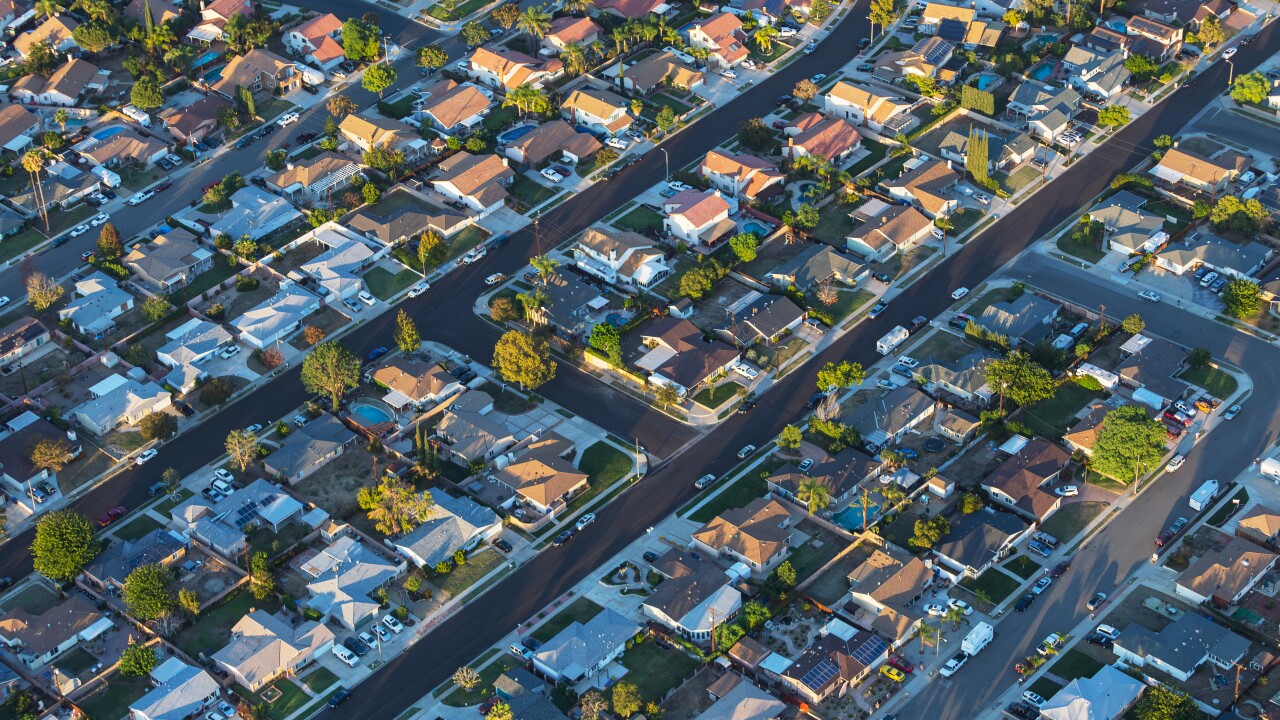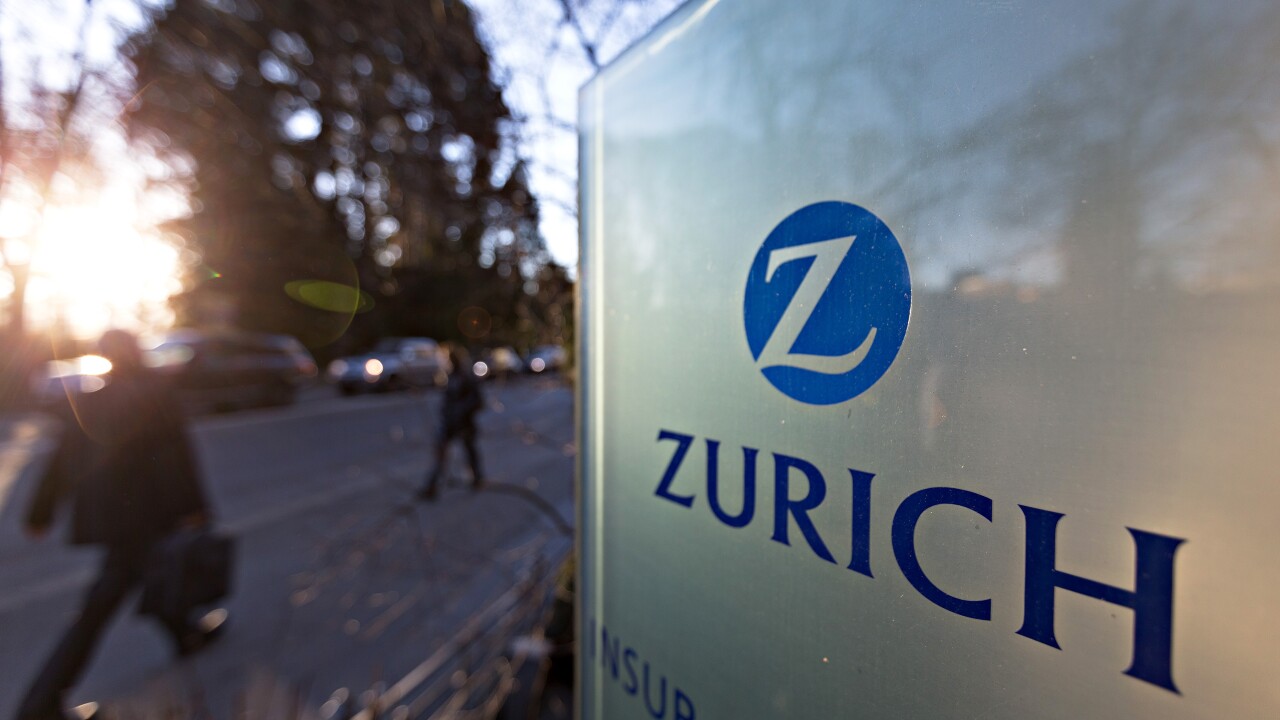
David Larson, U.S. head of loss control & risk management services at Ascot Group, spoke with Digital Insurance about this hurricane season and how tech can impact weather forecasting and natural disaster preparedness.
This conversation has been lightly edited for clarity.
What do you anticipate for this hurricane season?
Many of the entities that the U.S. uses to predict and forecast hurricanes believe it's going to be an above average season. The season is pretty long and goes to the end of November, so we've still got a lot of time left in the season itself.
Has the defunding of NOAA made an impact on predicting storms?
Ascot, like many insurers, uses proprietary risk models as part of our overall forecasting. If you look at some of the things that are happening with NOAA and some of the other things that are going on in the world right now, many private organizations use publicly available data to help enhance their models, and we do the same as well, but we do feel that right now, we're fine, but there's potential.
Budget cuts and reductions in funding for weather-related research may put future forecasting models at risk. So that also includes advanced models needed for hard to track storms that intensify rapidly. We know from experience that these types of storms have the potential to produce significant losses. Those are the hardest storms to try to track and try to predict, what the path is going to be and where they're going to be headed. Ongoing research and making sure that we continue to update our models is one of the things we can do to help forecast where those storms may eventually end up and the intended path.
I believe we're fine for this year and that we shouldn't see a significant impact on the forecasting ability of hurricanes for 2025. I think in the future there's some potential that it could impact that forecasting ability with the lack of data, or lack of advanced data, or the lack of research funding, which could impact how that data is supplied and provided to not just us, but all private companies that use that information for their modeling.
How is technology impacting weather forecasting and preparedness during hurricane season?
It's important to have as much data as we can and accurate data so we can make good forecasts and make really strong models to help us protect our clients and make sure that we can understand where the storms are headed and things of that nature.
Advances in technology are really allowing businesses and organizations to document the conditions of the building before and after an event. This goes beyond digital photos and videos, which are important, but now we also look at how clients and policyholders can look at asset tracking software, cloud-based document management solutions. We even see the use of drones to survey rooftops, or really hard to reach areas after a storm. There's a lot of other technology that's advancing, including sensors. In a commercial building, you can add sensors to detect hail or water intrusion, which can lead to lower losses or damage. These technologies are changing how assets are being documented before and after a storm. It provides quicker and more accurate data for assessing damage and recovery, which we know is important, and helps build more resilient organizations and communities.
In the past, if there was a water intrusion type of event it might flow for hours and or days before someone noticed. With the new technology now it is detected almost immediately, and then it allows those clients and business owners to hopefully get an alert, get a notification that something is not normal and then they can control the valve remotely and turn off the water supply.
Advice for insurance professionals who are working to prepare policyholders for potential hurricanes?
Preparation is paramount. I mean, prepare, prepare, prepare. I mean, I really believe that. And we believe that as an organization it's imperative for clients to really understand their property to their fullest capability. And because there's such a wide range of components, that are important to consider when you look at that from a business owner standpoint. It's the construction of the building, the type of building, how old is it? Where's it located? What maintenance is being done or has been done? So how we help clients prepare is we want them to know their hurricane risk, and with that, knowing their risk, that will help them develop and test the right emergency plan for their property. And we want to have them test those plans before the hurricane season begins. You don't want to be in a position where you're creating a plan, or you're trying to find last year's plan and update it when a hurricane is imminent and it's bearing down on your property. Have the time to prepare, making sure that your plans are up to date and everything's there that you need to protect your property, or at least try to mitigate and protect your property to the best of your ability before the actual hurricane strikes.
We also like to have clients prepare for any potential storms by physically removing any items or securing any items that could become projectiles during the storm and cause damage.
Last but not least, we also suggest that clients review their insurance policies and secure any other important documents before the storm, and this also includes doing backups of all their systems, so they have all their critical data backed up off site. They can access it remotely if they need to, in the event that they can't get back to their property for a number of days.
Anything else you'd like to share?
We believe proactive preparation is essential when considering the elements of risk, so as the effects of extreme weather and events increase each year, it's crucial that insurers are equipped to share the right tools and information with clients to ensure all clients are protected from potential damage.
At Ascot, we develop and publish a hurricane preparedness guide each year before the start of each hurricane season with the intent to assist our clients in mitigating their risk before and during and after a storm. I truly believe preparation is paramount. Having the ability to take the time to prepare. To make sure you've done everything you can from a preparation standpoint, to try to protect your business and your property and your employees.






